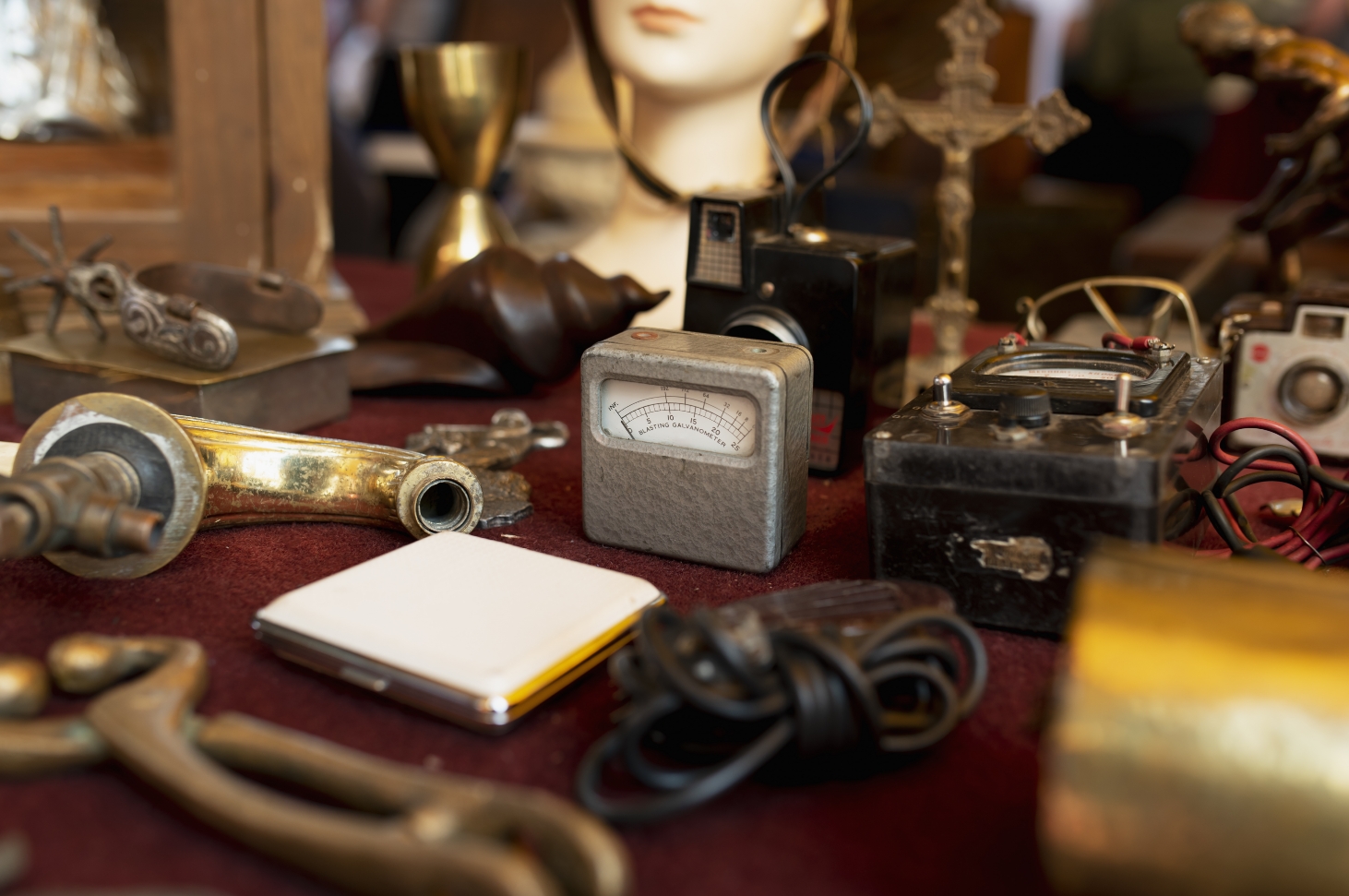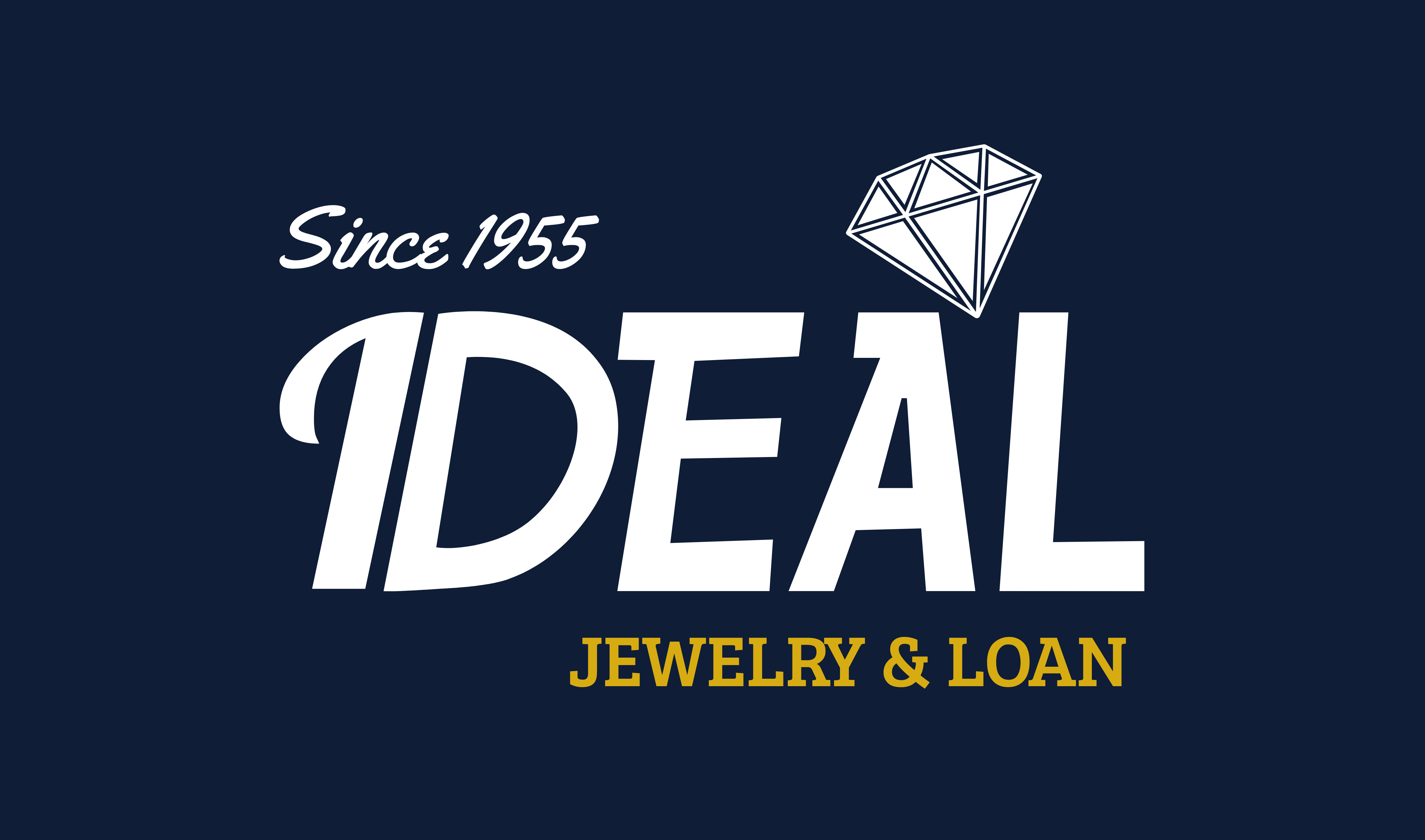Pawnshops have been around for thousands of years, and they’ve played an important role in societies around the world. From ancient times to today, pawnshops have provided a way for people to obtain quick cash and buy or sell goods. In this blog post, we will take a look at the history of pawnshops and how they’ve evolved over time.
The Origins of Pawnshops
The origins of pawnshops can be traced back to ancient China. In the 5th century BCE, Chinese merchants would lend money to farmers and traders and hold their possessions as collateral. If the borrower was unable to repay the loan, the merchant could sell the collateral to recoup their losses. This practice became known as “pao,” which means “to hold” in Chinese, and is where the term “pawn” comes from.

Pawnshops soon spread to other parts of the world, including Europe and the Middle East. In medieval Europe, pawnshops were often run by the Church and were used to provide loans to the poor. In the Middle East, pawnshops were often located near marketplaces and were used by traders to finance their businesses.
Pawnshops in America
Pawnshops arrived in America with the first European settlers in the 17th century. The first pawnshop in America was established in 1690 in Massachusetts, and they quickly spread throughout the colonies. Pawnshops were particularly popular in the South, where farmers obtained loans to buy seeds and equipment used them.
During the Great Depression of the 1930s, pawnshops became even more popular. With banks failing and people struggling to make ends meet, pawnshops provided a way for people to obtain cash quickly. At this time, pawnshops were often associated with crime and poverty, and the government heavily regulated them.
Pawnshops in the Modern Era
Pawnshops continued to be a popular way for people to obtain quick cash throughout the centuries. In the 19th and early 20th centuries, pawnshops were particularly popular in the United States. They were often found in urban areas and were used by people who couldn’t get loans from banks or other financial institutions.
During the Great Depression, pawnshops played an important role in helping people who were struggling financially. They provided a way for people to obtain cash quickly and buy necessities like food and clothing.
Today, pawnshops are still a popular option for people who need quick cash or want to buy or sell items. Many pawnshops now operate online, which has made it easier for people to access their services.
The Evolution of Pawnshops
Today, pawnshops have evolved to meet the changing needs of society. While they still provide loans and sell used goods, they have also become a popular option for sustainable shopping. Many people choose to shop at pawnshops because they can find high-quality items at a fraction of the cost of new ones.
Pawnshops have also become more mainstream and are no longer associated with crime and poverty. In fact, many celebrities and high-profile individuals have been known to visit pawnshops. This has helped to shift the perception of pawnshops and make them more acceptable in mainstream society.
How Pawnshops Work
Pawnshops operate by lending money to people who use their personal property as collateral. The pawnbroker assesses the value of the item and offers a loan amount based on that value. If the borrower agrees to the terms of the loan, they leave the item with the pawnbroker and receive the loan amount.
The borrower has a certain amount of time to repay the loan plus interest. If they fail to repay the loan, the pawnbroker has the right to sell the item to recoup their money.
Pawnshops also buy and sell items directly. People can sell their items to a pawnshop for cash, or they can purchase items from a pawnshop at a discounted price.
Benefits of Pawnshops
Pawnshops provide a number of benefits to people who need quick cash or want to buy or sell items. Here are a few reasons why pawnshops can be a good option:
- Quick cash: Pawnshops provide a way for people to obtain cash quickly without going through a lengthy loan application process.
- No credit check: Pawnshops don’t require a credit check, so people with poor credit can still obtain a loan.
- Access to affordable items: Pawnshops sell items at a discounted price, making them a good option for people on a tight budget.
- Sustainable shopping: Buying secondhand items from pawnshops is a sustainable way to shop and reduces waste.
The Future of Pawnshops
As the world continues to change, it’s likely that pawnshops will continue to adapt and evolve to meet the needs of their customers. One trend that is likely to continue is the rise of online pawnshops. Online pawnshops allow people to submit items for appraisal and receive a loan offer without ever leaving their homes. This has made it possible for people in remote or underserved areas to access the benefits of pawnshops.
Conclusion
Pawnshops have a long and rich history that spans thousands of years and various cultures. From ancient China to medieval Europe to modern-day America, pawnshops have played an important role in providing people with quick cash and a way to buy and sell goods. While the concept of pawnshops has remained largely the same over the centuries, the way they operate has evolved with the times.
Today, pawnshops are a popular option for people who need cash quickly or want to purchase items at a discounted price. They provide a number of benefits, including access to affordable items, sustainable shopping, and no credit check loans. As the world continues to change, it’s likely that pawnshops will continue to adapt and evolve to meet the needs of their customers.
In conclusion, the history of pawnshops is a fascinating one that reflects the changing needs and values of societies over time. By understanding the origins and evolution of pawnshops, we can gain a greater appreciation for the important role they have played in our world and continue to play today.



